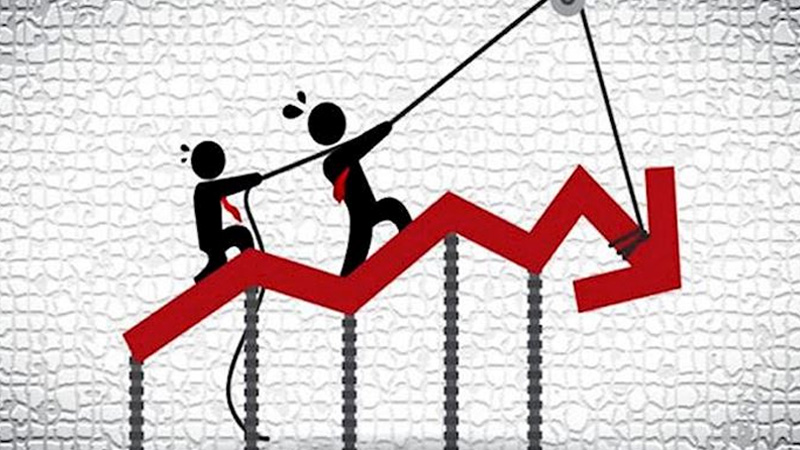
As it appeared in the Daily Nation on March 17th 2020
Dr. Lucy Kiruthu
Three months ago, most of us would not have suspected that a viral infection could negatively influence business operations and the global economy. Today, the situation across several countries as a result of the COVID-19 pandemic is overwhelming. The global economy is feeling the effects of lockdowns, change of travel plans, travel bans and panic buying. Trade between countries, international businesses operations and local business have been disrupted. Many businesses are dealing with this crisis as it hits, others are starting to prepare now, yet for some, it is too late to do anything. Even though it is not always possible to adequately prepare for a crisis, smart companies have in place a crisis-management plan because businesses are vulnerable to crises.
A crisis could be expected or unexpected. It could be operational, personnel, financial, regulatory, managerial, technological, natural or even unexplainable. A crisis puts the stability of a business at risk and may cause major long-term negative effects. Sometimes, a crisis could lead to business closure. When a business has a crisis strategy, a business continuity plan or a disaster management plan, it knows what to do and what not to do in case a crisis hits. It identifies possible disasters and comes up with plans of action. For example, most airlines know exactly what to do in case of a plane accident. Having a crisis strategy helps many to respond swiftly. Unfortunately, many of our businesses have no idea what to do in case of a crisis.
What should businesses do when an unexpected natural crisis hits them? Here are three areas that businesses can focus more on during a crisis:-
Action:
When a crisis hits a business, it is important to respond. Businesses need to assess the situation. They also need to think through the actions required and act swiftly. The leaders must be ready to seek information, make tough decisions and enable action. The decisions made during a crisis must take into consideration the best interest of the stakeholders involved. Further, the actions to be taken should be in line with the nature of threats at hand. What action will you take?
Communication:
Keeping all stakeholders informed is crucial during a crisis. For example, if the crisis is going to affect customers, they need to be made aware. All internal and external crisis communication issues need to be well managed by a specific team. It must be clear who the spokesperson is and the person should have the right skills. This person must share the right information in a timely manner. Feedback from the stakeholders must be closely monitored so that no one feels that they have been kept in the dark.
Stay Resilient:
Most crises come and go. It is therefore important to stay strong during the tough times and be ready to bounce back after the crisis. Staying resilient requires that we embed resilience in our culture and that we put in place a recovery plan. We must determine how to move on with renewed vigor. Is your business resilient enough? Will you ready spring back after the COVID-19 crisis?
Dr. Lucy Kiruthu is a Management Consultant and Trainer. Connect via twitter @KiruthuLucy









